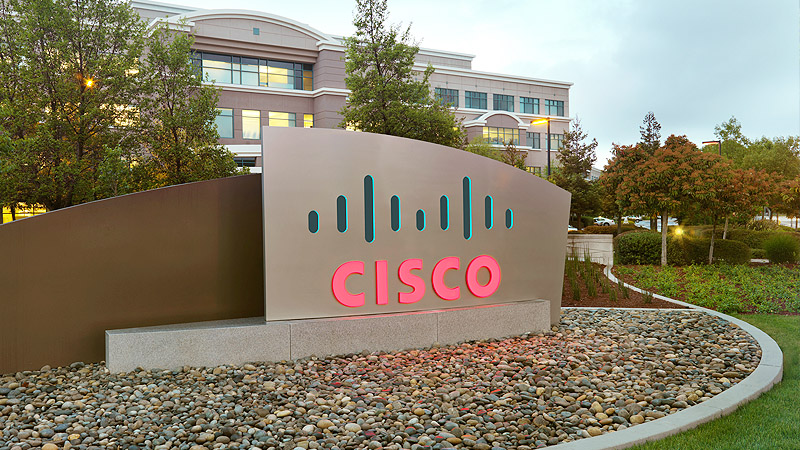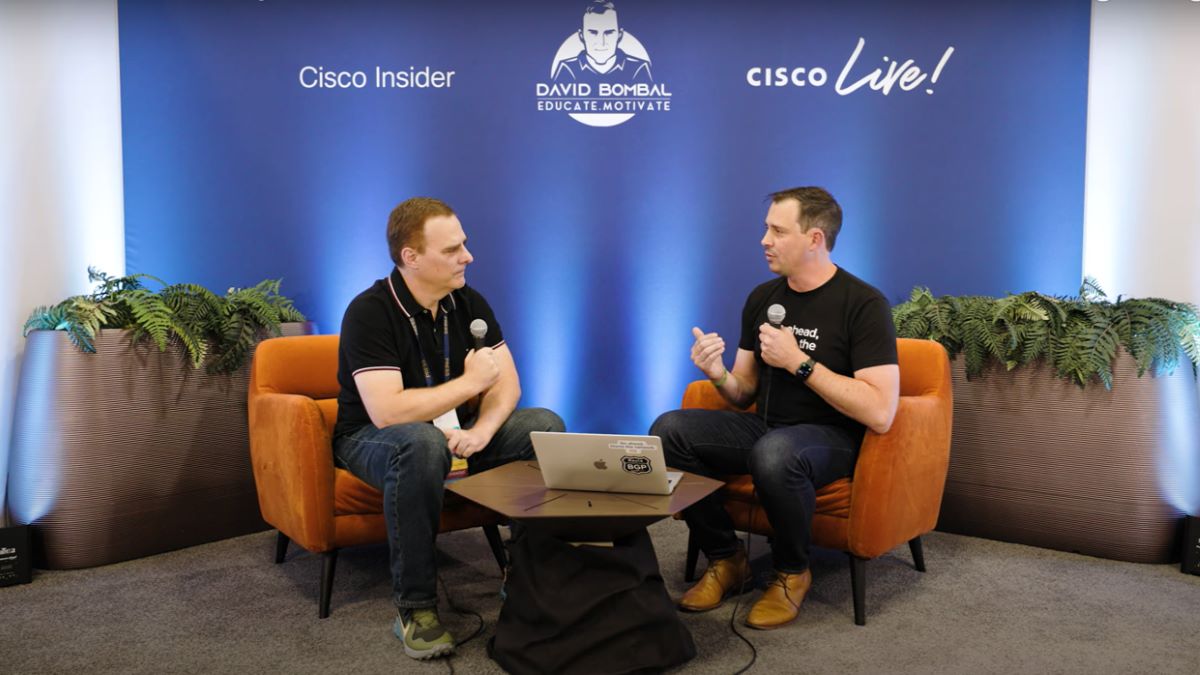News Summary
-
Cisco Meraki announces a collaboration with Microsoft that supports connectivity to Azure virtual WAN).
-
To help customers shift their workloads into multiple clouds, the collaboration enables Cisco SD-WAN powered by Meraki to establish secure, simple connectivity to Azure’s Virtual WAN service.
SAN JOSE, Calif., September 10, 2020 — Cisco Meraki announced today a collaboration with Microsoft to help simplify and support organizations moving workloads to the cloud. The integration allows organizations using Cisco SD-WAN powered by Cisco Meraki to connect seamlessly and securely to Microsoft’s Azure Virtual WAN service.
As organizations continue to shift their workloads into multiple cloud environments, providing secure and optimized access to business-critical resources is crucial. At the same time, the complexity of establishing and maintaining communication channels between these ever-growing cloud hosted resources also increases, as does delivering optimal access from branch locations distributed across the world. With this collaboration, Cisco SD-WAN powered by Cisco Meraki enables customers to seamlessly automate secure connectivity from Cisco Meraki MX appliances at branch locations directly to the Azure Virtual WAN service. This will allow customers to establish optimal branch-to-Azure connectivity, regardless of geographical location.
“As customer use of multi-cloud environments continues to increase, providing secure and optimized access to business-critical resources is more important than ever,” said Lawrence Huang, VP of Product Management, Cisco Meraki. “Today’s announcement underscores our commitment to deliver solutions that allow secure and optimal access to workloads in multiple clouds with recognized leaders like Microsoft. Through this collaboration, customers can securely connect to the Microsoft Azure Virtual WAN service, with the signature simplicity they have come to expect from Cisco Meraki.”
Reshmi Yandapalli, principal product manager, Microsoft Corp. said, “Organizations are increasingly looking to adopt Microsoft’s Azure Virtual WAN service as a way to connect their branch SD-WAN appliances to our global network for optimal access to Azure resources. With Cisco SD-WAN powered by Cisco Meraki, we can make connectivity a seamless experience for our customers.”
Benefits of the collaboration include:
- Simplicity, ease-of-use – A co-developed toolkit seamlessly automates the process of securely connecting Cisco Meraki MX appliances at branch locations directly to the Azure Virtual WAN service, at scale, delivering days of time savings.
- Security – With secure connectivity embedded into the automation workflow, IT teams no longer need to consider how tasks are executed, which allows them to optimize security while remaining agile.
- Change management – To make changes to branch locations, such as a change in ISP provider, or adding additional resources in Azure, zero configuration will be required on the Cisco Meraki MX appliances, saving time and resources at the branch.
Existing customers using Cisco SD-WAN powered by Cisco Meraki can take advantage of the automation to Azure Virtual WAN immediately with no additional cost.
Supporting resources:
- Cisco Meraki MX Branch to Azure Virtual WAN Deployment Guide
- Cisco SD-WAN Powered by Cisco Meraki
- Cisco Meraki MX Series
- About Microsoft Azure
- About Microsoft Azure Virtual WAN
RSS feed for Cisco: http://newsroom.cisco.com/rss-feeds
About Cisco
Cisco (NASDAQ: CSCO) is the worldwide leader in technology that powers the Internet. Cisco inspires new possibilities by reimagining your applications, securing your data, transforming your infrastructure, and empowering your teams for a global and inclusive future. Discover more on The Network and follow us on Twitter at @Cisco.
Cisco and the Cisco logo are trademarks or registered trademarks of Cisco and/or its affiliates in the U.S. and other countries. A listing of Cisco's trademarks can be found at www.cisco.com/go/trademarks. Third-party trademarks mentioned are the property of their respective owners. The use of the word partner does not imply a partnership relationship between Cisco and any other company.





